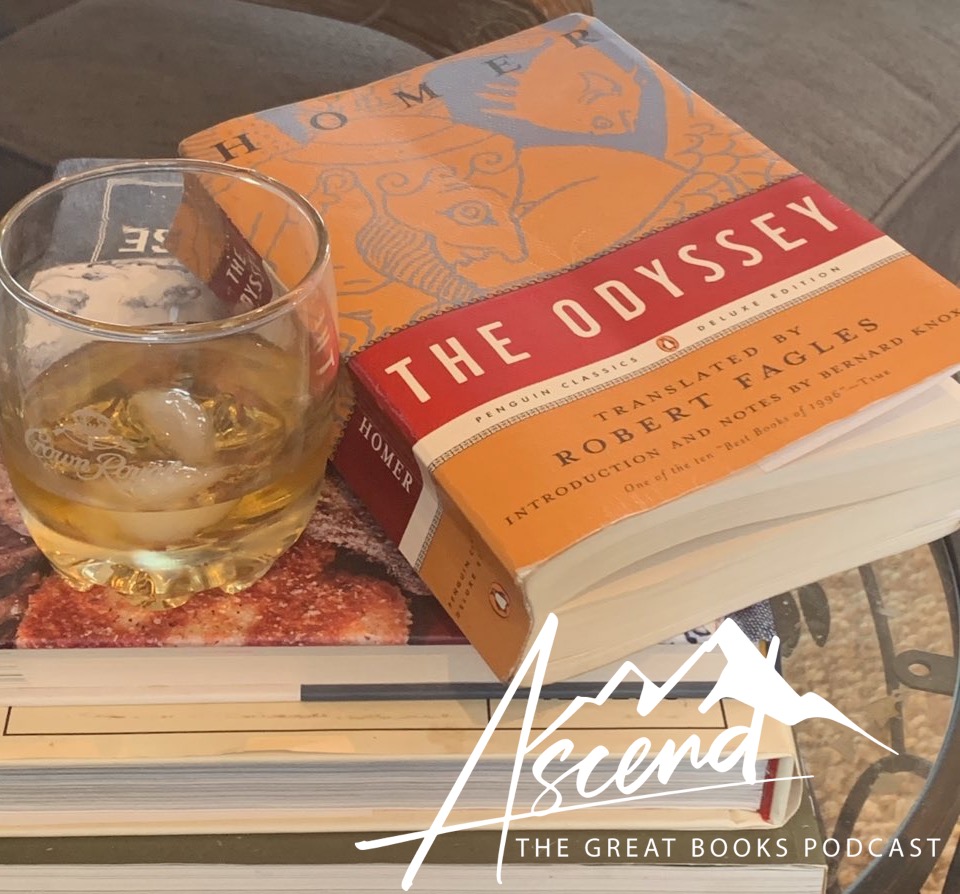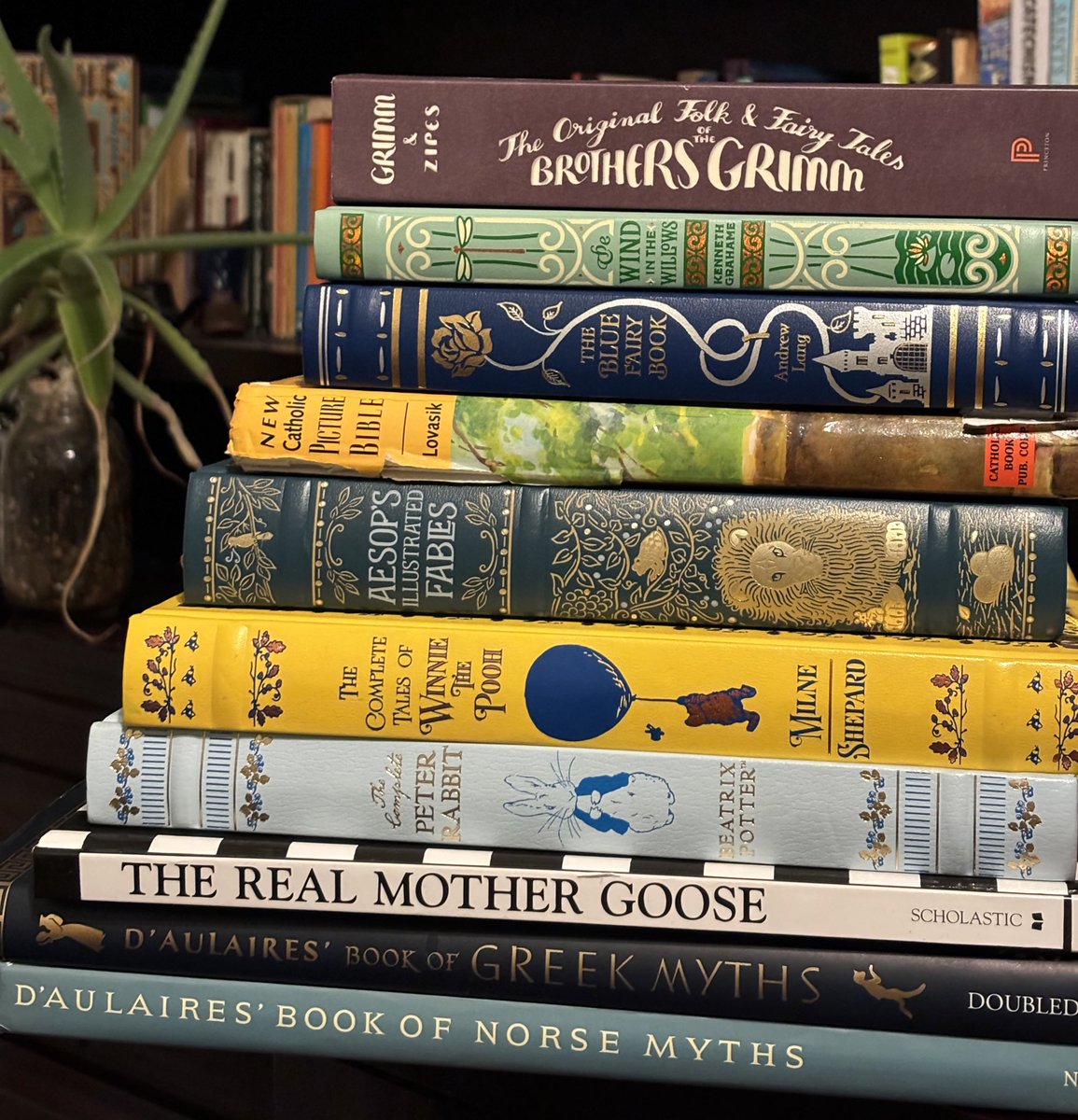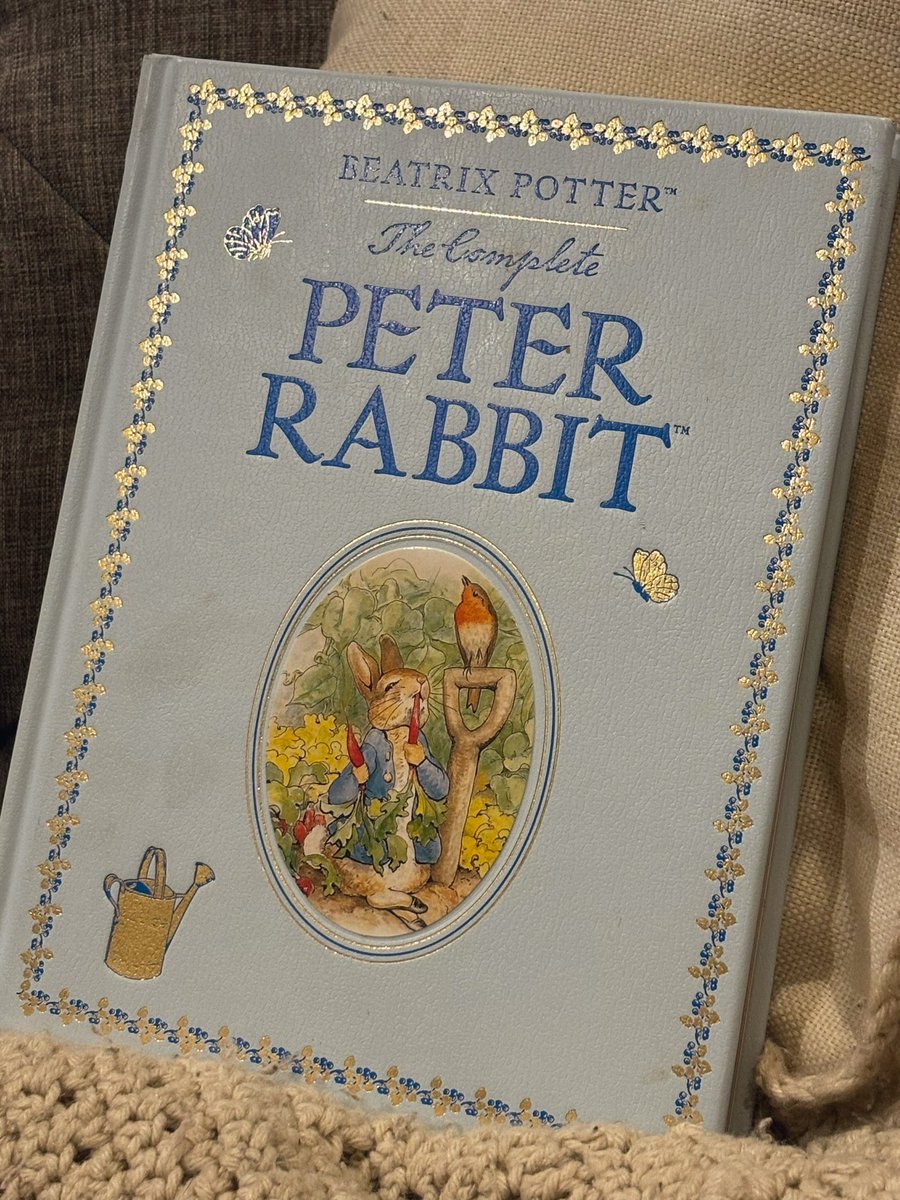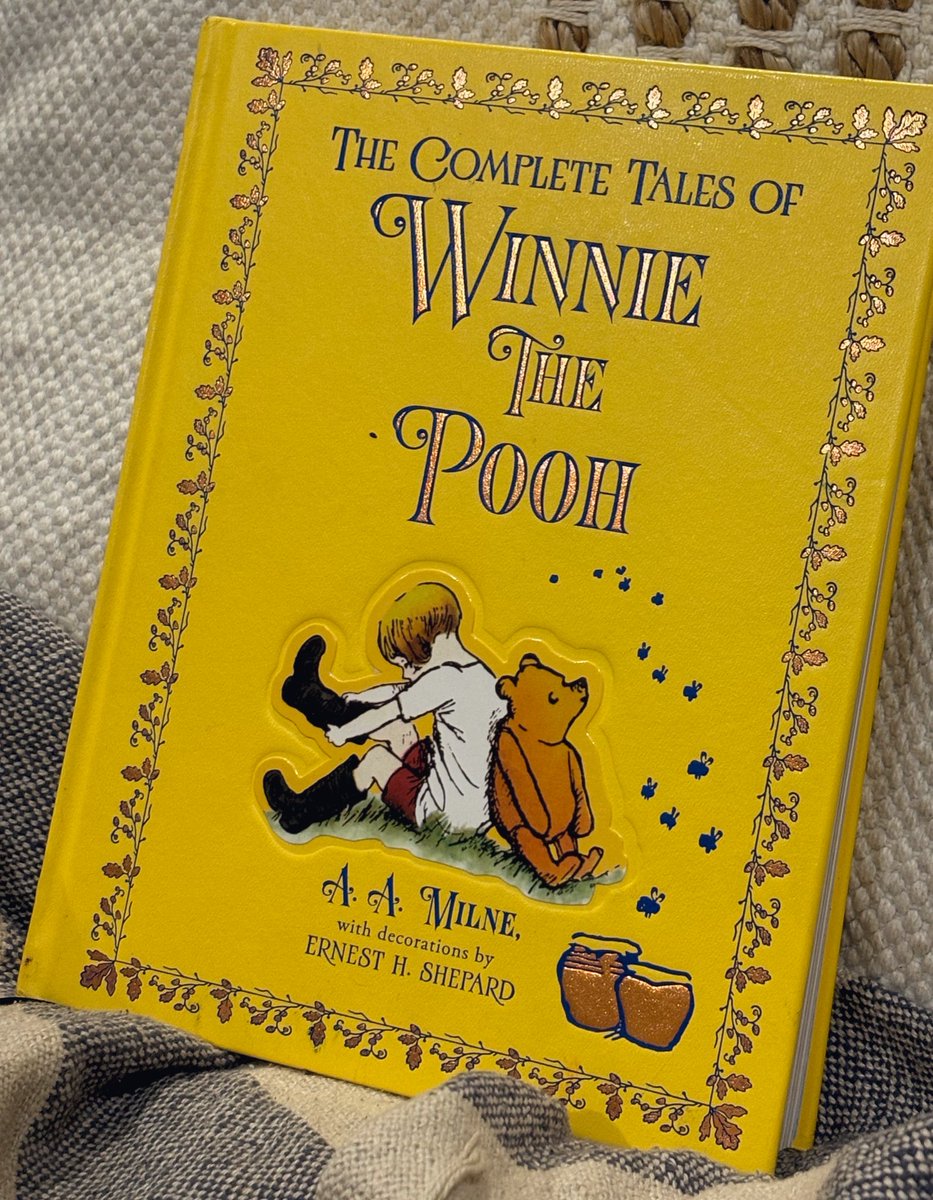YOU CAN READ THE ODYSSEY.
⬇️20 Quick Observations on the opening of the Odyssey⬇️
1. The first word of the Iliad is "rage," a divine rage. The first word of the Odyssey is "man." The Odyssey is a much more human book. 🧵⬇️
⬇️20 Quick Observations on the opening of the Odyssey⬇️
1. The first word of the Iliad is "rage," a divine rage. The first word of the Odyssey is "man." The Odyssey is a much more human book. 🧵⬇️

2. Both the Iliad and the Odyssey invoke the Muses - but in the Odyssey, Homer defers to the Muse on where to start. This can account for the much more complicated chronological structure of the Odyssey.
3. Both the Iliad and the Odyssey start "in media res" or in the middle.
3. Both the Iliad and the Odyssey start "in media res" or in the middle.
4. Odysseus is the "man of twists and turns." This refers both to his journey and to him. Odysseus is a cunning and complicated man.
5. In the Iliad, the contrast is Achilles against Hector. In the Odyssey, it is Odysseus against Odysseus.
5. In the Iliad, the contrast is Achilles against Hector. In the Odyssey, it is Odysseus against Odysseus.
6. Homer asks the Muse to begin "our story" - Odysseus is an analogue for humanity (see n. 1).
7. The story of Agamemnon's wife, Clytemnestra, falling for a suitor, Aegisthus, and then murdering her husband when he comes home is a parallel narrative to the entire Odyssey.
7. The story of Agamemnon's wife, Clytemnestra, falling for a suitor, Aegisthus, and then murdering her husband when he comes home is a parallel narrative to the entire Odyssey.
8. Zeus says its "shameless" how the mortals blame the gods for their troubles. This is almost comical after reading the deeply fatalistic Iliad. But the Odyssey is often read as having much more human agency than the Iliad.
9. It is said Aegisthus - in helping to murder Agamemnon - went "beyond his share" or "fate" - fate is seen as a portion, an allotment of destiny that if man (or the gods...) trespass, it causes chaos.
10. What is not recorded in Homer is WHY Clytemnestra had a pretense to murder Agamemnon: he had ritualistically sacrificed their daughter, Iphigenia, to appease Artemis in order to have favorable winds for the fleet sailing to Troy.
11. The story of Troy begins and ends with heinous acts: the sacrifice of Iphigenia and then the rape of Cassandra at the altar of Athena by little Ajax at the fall of Troy. For the latter, Athena curses the Achaean journey home.
12. Odysseus, however, has an additional curse placed on him by Polyphemus, the cyclops, who Odysseus blinded. How you interpret this story colors a lot of how you view Odysseus' journey home.
13. Homer brilliantly weaves together Odysseus' coming home story with Telemachus' coming of age story.
14. Telemachus has to leave his mother and nurse maid to become a man. He must be unsafe. He must have his own Odyssey.
14. Telemachus has to leave his mother and nurse maid to become a man. He must be unsafe. He must have his own Odyssey.
15. Athena takes on the guise of the man Mentor to help Telemachus in his journey - and this is the etymological origin of being someone's "mentor."
16. Notice that Athena takes on the guise of man to lead Telemachus - as he is suffering from fatherlessness.
16. Notice that Athena takes on the guise of man to lead Telemachus - as he is suffering from fatherlessness.
17. Notice too that Telemachus, to become a man, is sent to speak with his father's war buddies: Nestor and Menelaus. He must become like Orestes, Ag's son who avenged him.
18. Penelope is the "matchless queen of cunning" and her fidelity contrasts her with Clytemnestra.
18. Penelope is the "matchless queen of cunning" and her fidelity contrasts her with Clytemnestra.
19. It would be difficult to exaggerate how much GUEST-FRIENDSHIP plays into the story of the Odyssey. The host welcomes the stranger as kin, bathes and feasts him, and only then asks his name and story. Then the host may give gifts to help his guest.
20. As Thetis' request to Zeus structured the Iliad, so too does Athena's request to Zeus structure the Odyssey: (a) return Odysseus home; and (2) let her lead Telemachus into courage.
AND...
AND...
You can read the Odyssey with us!
We are reading the Odyssey as part of our YEAR OF HOMER. Join us!
PS - We have a 60+ page guide to the Odyssey on our website.
ascend-the-great-book.captivate.fm
We are reading the Odyssey as part of our YEAR OF HOMER. Join us!
PS - We have a 60+ page guide to the Odyssey on our website.
ascend-the-great-book.captivate.fm
• • •
Missing some Tweet in this thread? You can try to
force a refresh








